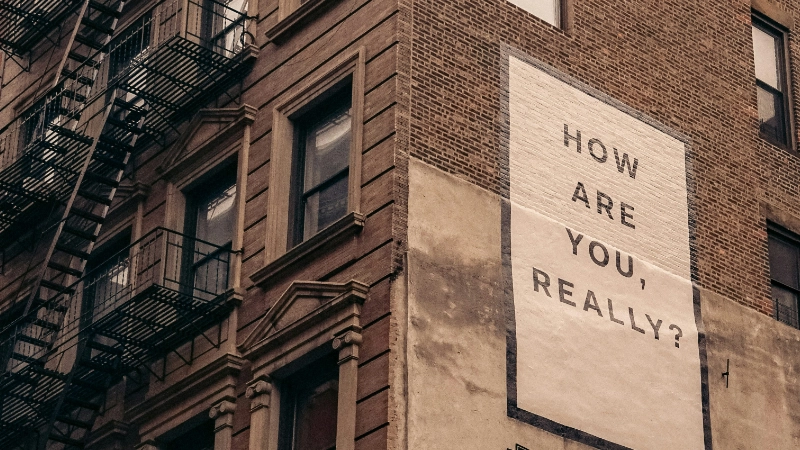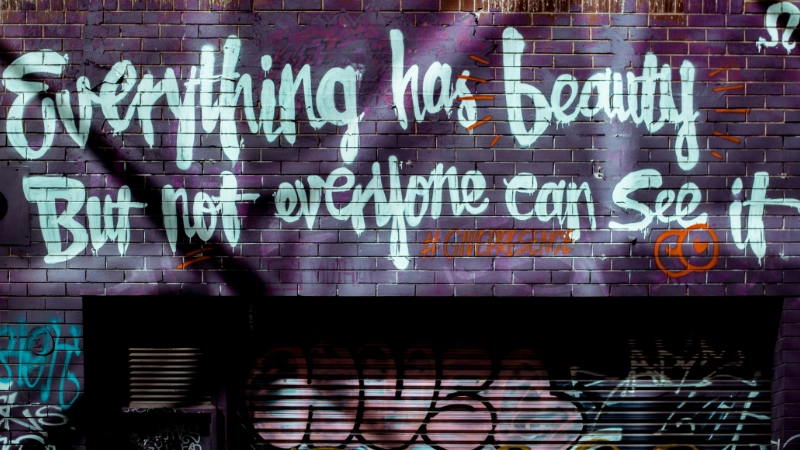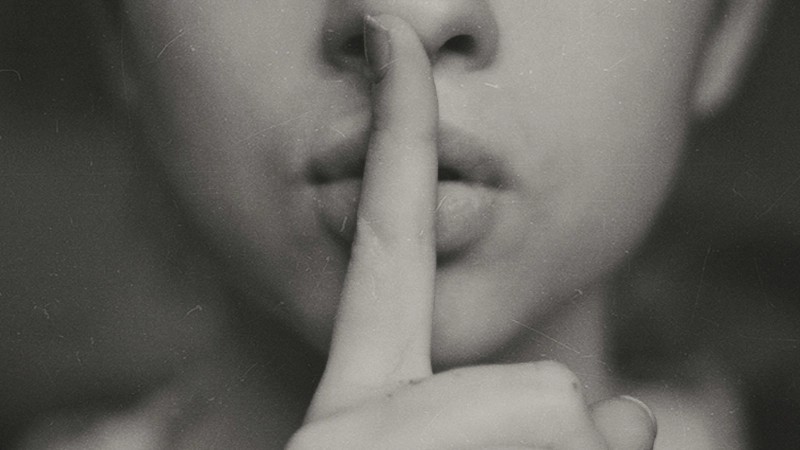Reflecting on a troubling feeling
Lately, I’ve been reflecting on something that has been deeply troubling me. Initially, it left me feeling broken, as though I were flawed, invalid, or unworthy. I couldn’t shake the thought that people didn’t want to understand or acknowledge the struggles faced by those of us who wear a mask every day, trying to appear strong and in control, while beneath the surface, many of us are barely holding it together. When we finally do break, it feels like an internal collapse, sending shockwaves through our entire being.

Why do people avoid talking about therapy?
Have you noticed how quickly the mood shifts when you mention seeking help or going to therapy? People often change the subject, as though the very idea makes them uncomfortable, or they simply don’t want to engage. But why is that? I’ve spent some time thinking about it, and a few ideas have emerged.
It’s not always about me
Firstly, it’s often not really about me, even though it can feel that way. Many people struggle to understand or empathise with mental health challenges and might not know how to respond. Some may feel uneasy about their own emotions or mental health, making discussions about mine too confronting. It’s not a reflection on me personally, but rather their own discomfort or lack of understanding.
Surrounding myself with the right people
If it turns out that it is about me, that they’re choosing to disengage because they don’t want to offer support, then maybe that’s a sign I don’t need to surround myself with people like that. I’ve come to realise that it’s crucial to be around those who offer empathy, understanding, and respect for the journey I’m on, rather than those who shy away or make me feel like a burden for seeking help.

The stigma still lingers
Despite the progress we’ve made in mental health awareness, there’s still stigma. Some people associate therapy with negative stereotypes or view mental health issues as taboo. Others may fear saying the wrong thing or making the situation worse, so they deflect.
Some people simply lack understanding, often because they’ve never experienced therapy themselves and don’t know how to engage with the conversation. Sometimes, it’s projection—individuals struggling with their own mental health might feel awkward or vulnerable discussing therapy openly. Cultural influences can also play a role; in some cultures, therapy is seen as a weakness or something to be kept private, making it harder for people to acknowledge or talk about it.
Some conversations are hard to have
Ultimately, not everyone is ready for serious conversations. Some people prefer to avoid deep topics, especially if they’re not emotionally prepared to engage.
What I’ve come to realise is that when this happens, it doesn’t necessarily mean they’re judging me or my choice to seek help. More often than not, it reflects their own uncertainties, discomforts, or conditioning. As my wife has lovingly reminded me, the world doesn’t revolve around me. It’s her way of keeping me grounded and reminding me that even my orbit needs occasional adjustment.
Conclusion
In recent times, I’ve come to realise that my feelings of isolation and frustration surrounding mental health conversations are not unique. Many people avoid these topics, not because they don’t care, but because they don’t know how to engage. Whether it’s a lack of understanding, cultural influences, or their own emotional unpreparedness, the reasons are varied. Through this realisation, I’ve learned that my journey to seek help through therapy is valid, and it’s okay if others don’t understand it.
Ultimately, seeking therapy is an act of self-compassion, and it doesn’t need validation from others. The most important thing is that I’ve taken a step toward healing and rediscovering my true self. Those who support me will stay with me on this journey, and those who don’t may fall away, but that’s okay. The path to mental well-being is personal, and I’m prepared to walk it, no matter who joins me.



